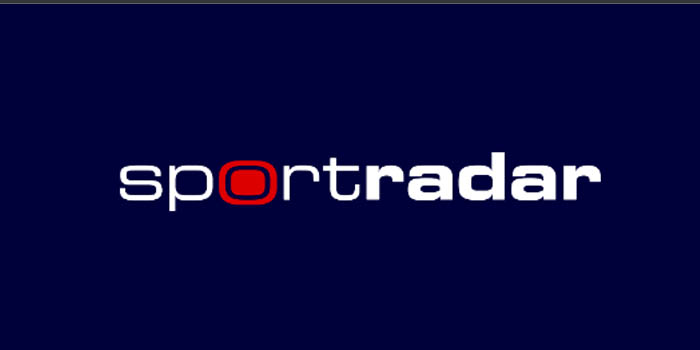Sportradar, a key player in sports data technology, has been greenlighted to begin operations in Massachusetts in time for the launch of legal sports betting in the state.
Good News for Sportradar
Swiss-based Sportradar Group AG announced today that the gaming regulator in the State of Massachusetts, the Massachusetts Gaming Commission (MGC), has granted a temporary sports wagering vendor license to its subsidiary in the US, Sportradar Solutions LLC.
Following the temporary approval for vendor operations, Sportradar now holds a total of 44 licenses, or equivalent, across states, territories, and tribes in the US and Canada, powering with its sports data and technology services a wide range of clients to help advance transparency and protect the integrity of sports.
The announcement was made on the day when Massachusetts became the latest US jurisdiction to allow wagering on sports. Starting from 10 am on January 31, eligible residents of the Bay State can now legally place wagers on sporting events.
In-Person Wagering Now Available
Initially, sports betting in the state will be available only in person at one of several land-based casinos: Encore Casino featuring the Wynnbet sportsbook brand, MGM Springfield hosting BetMGM’s JV brand, Plainridge Park casino housing PENN’s Barstool Sportsbook, and Caesars Sportsbook at Raynham Park casino.
State Senator Adam Gomez, who sponsored the legislation that had sought to legalize sports wagering in the Commonwealth, expressed his relief that after all these years, Massachusetts would finally have legal wagering on sports.
To see that newly passed law in action today in my very own city is a humbling experience.
State Senator Adam Gomez
Gomes is convinced of the positive impact BetMGM and sports betting will have on the local and state economy.
The launch of online sports betting in the state is planned to take place later this year. Retail sportsbooks in Massachusetts will be subjected to a 15% tax on all revenue while their online counterparts will have to part with 20% of their revenue.
Ahead of the official launch, the MGC set up voluntary self-exclusion list as a protection tool for those who feel vulnerable or at risk of developing or exuding problem gambling behavior.
Registration with the list guarantees that the individual will be prohibited from attending gambling facilities and not allowed to gamble online.



